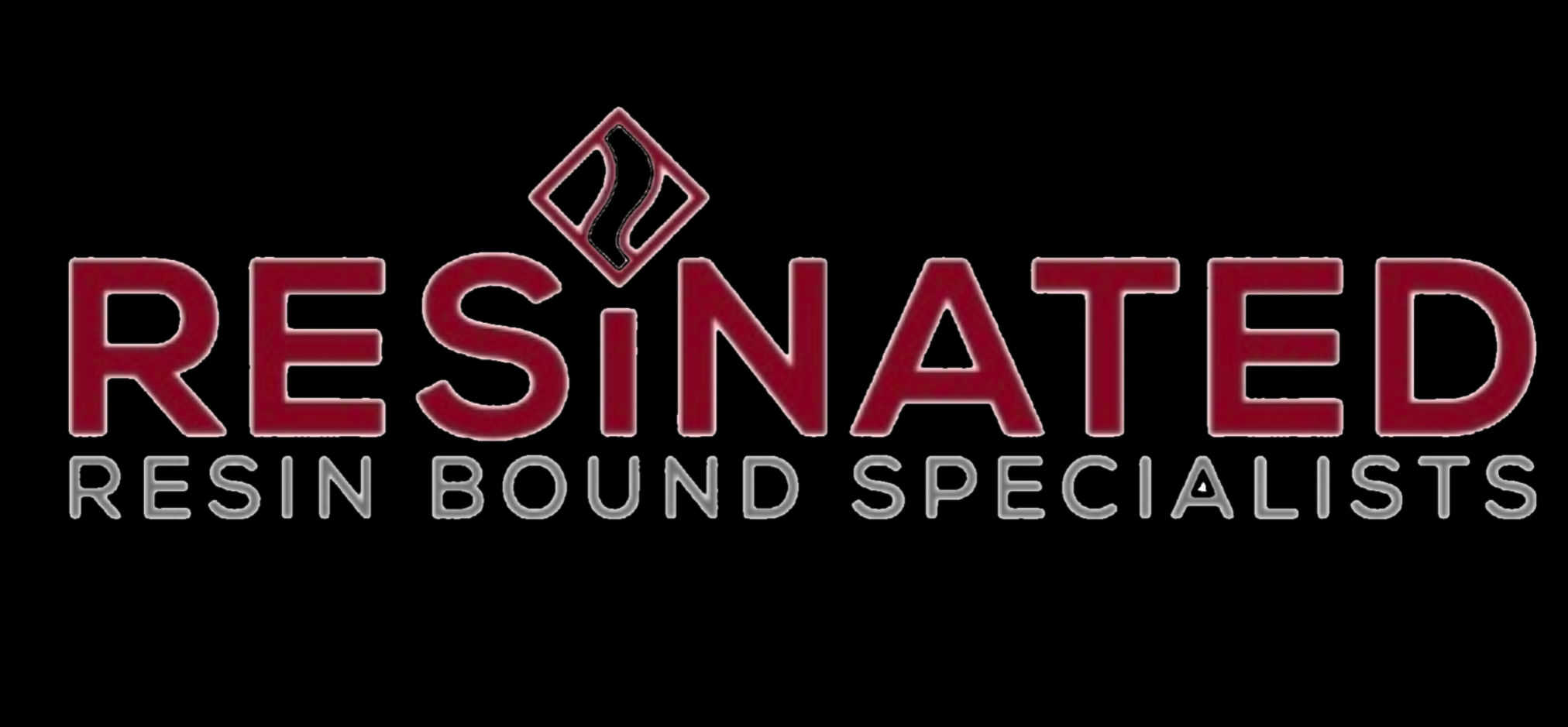
Block Paving: Yes or No
- Resinated

- Mar 5, 2025
- 2 min read
When considering options for paving your driveway, patio, or garden path, block paving is a popular choice. Its versatility, durability, and aesthetic appeal make it an attractive option for many homeowners. However, like any product, block paving comes with both advantages and disadvantages that you should be aware of before making your decision. Here’s a closer look at the pros and cons to help you decide if block paving is the right fit for your needs.
Advantages of Block Paving:
Durability: Block paving is extremely durable and can last for many years when properly maintained. It’s perfect for areas with heavy foot or vehicle traffic because the individual blocks can withstand a lot of weight.
Aesthetic Flexibility: There are a wide variety of colors, shapes, and designs to choose from, allowing you to create a unique look for your driveway, patio, or path. You can even mix and match different styles for a personalized design.
Easy Repairs: One of the standout benefits of block paving is that if a single block becomes damaged, you can easily replace just that block, rather than having to redo the entire area. This makes maintenance a lot simpler and more affordable in the long run.
Permeability: Depending on the type of block paving, it can be designed to allow rainwater to drain through, reducing the risk of puddles or water build-up. This is particularly useful for areas where drainage is a concern.
Increased Property Value: Well-installed block paving can enhance the appearance of your property and increase its value, making it a smart investment for homeowners.
Disadvantages of Block Paving
Initial Cost: The upfront cost of block paving can be higher compared to other paving options, like gravel or tarmac. However, the long-term durability may make it more cost-effective.
Weed Growth: Over time, weeds can sometimes grow between the blocks, especially if the joints aren’t sealed properly. Regular maintenance may be required to keep the paving looking neat and weed-free.
Settlement Issues: If the base isn’t properly prepared during installation, there’s a risk of blocks shifting or settling unevenly. This can lead to a bumpy surface, which can be costly to fix.
Slipperiness: Certain types of block paving can become slippery when wet, which can be a concern for safety, particularly on driveways or walkways.
Installation Time: Installing block paving can take longer than other materials, as it requires careful placement of each block, as well as proper preparation of the base layer.
Overall, block paving is a fantastic option for those looking for a durable, customizable, and long-lasting surface, but it does require a bit of investment upfront and some ongoing care. If you're ready to put in the effort for proper installation and maintenance, it could be a great addition to your property.




Comments